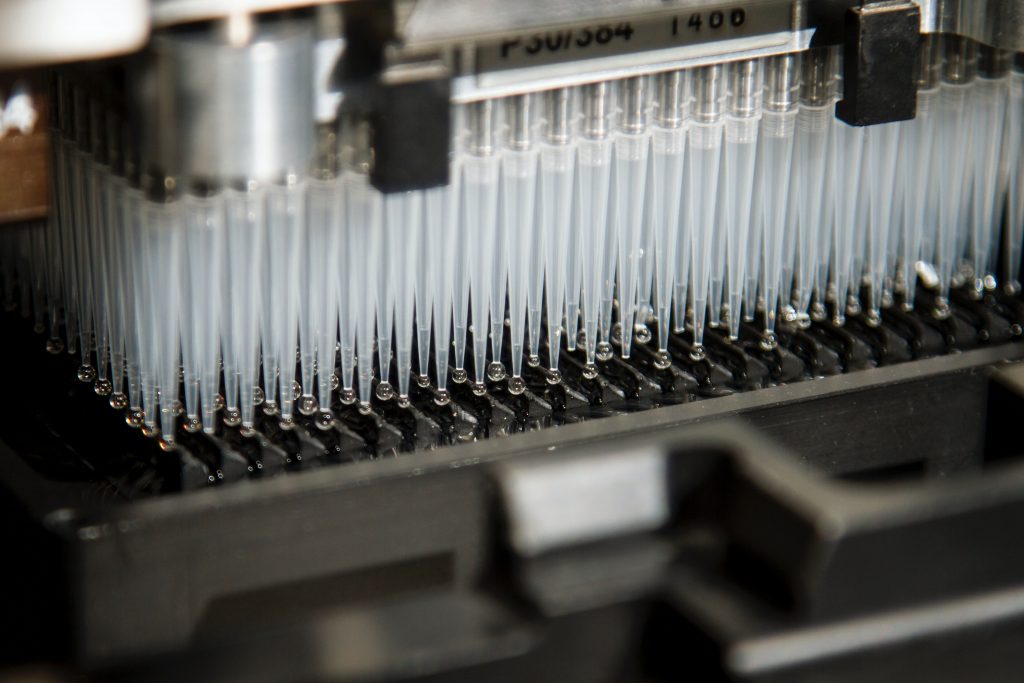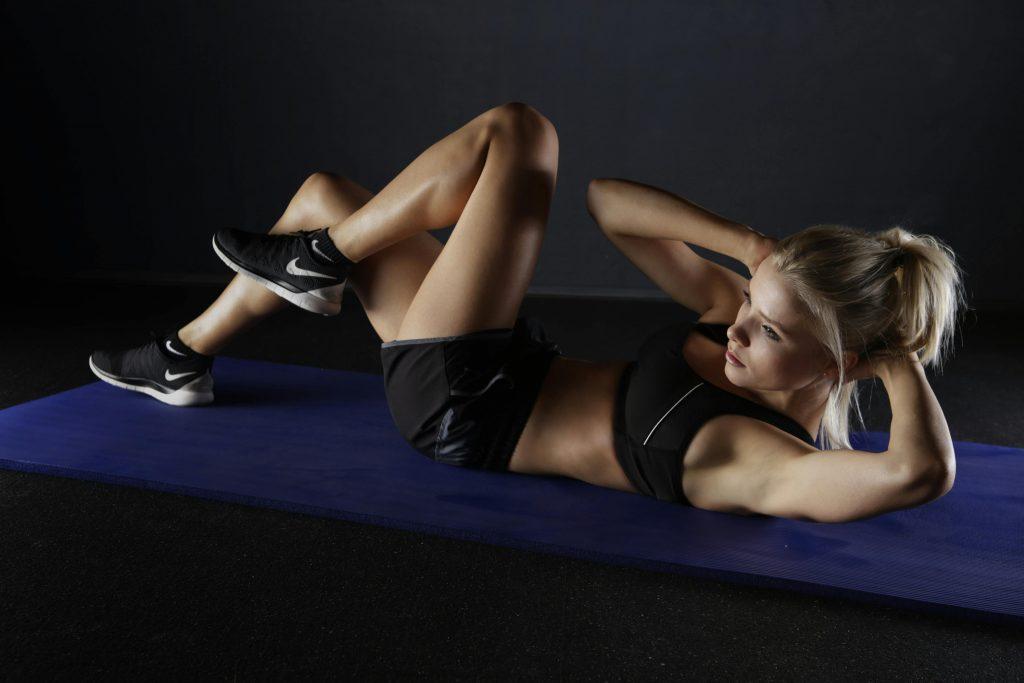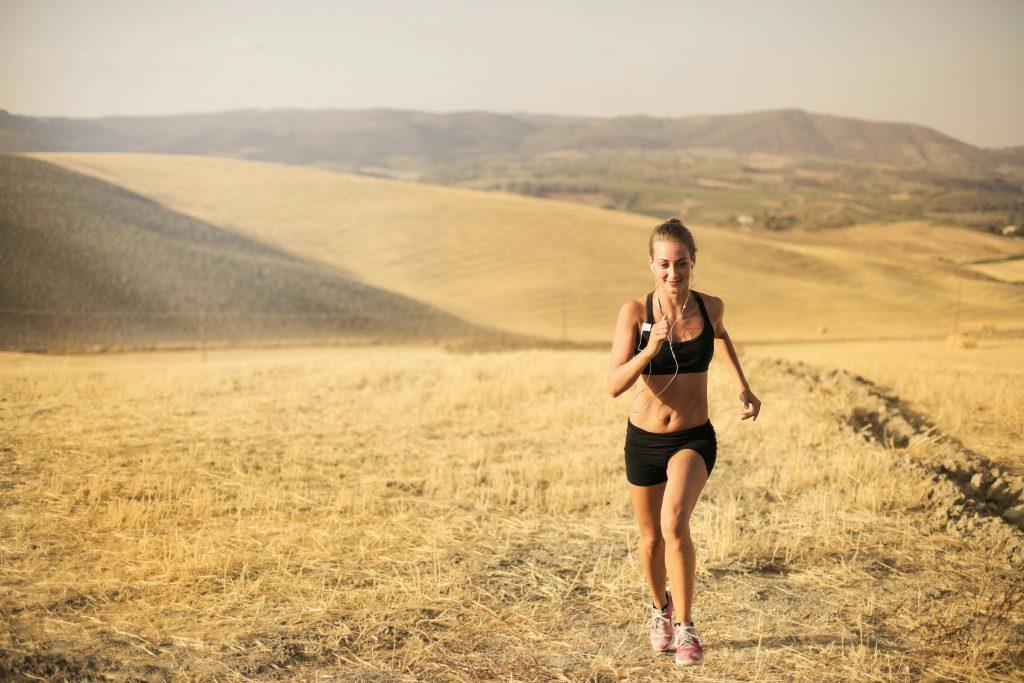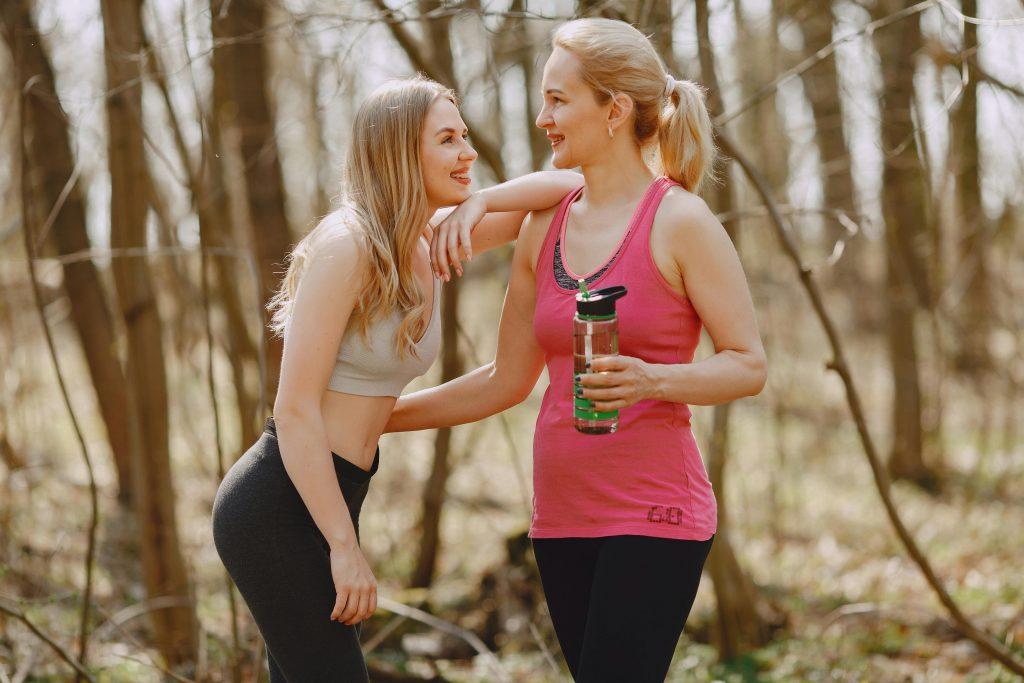
If there is one thing all doctors agree on, it is that exercise is good for our health. However, the common follow-up question is… well which type of exercise? Typically, a good response is one that shares the exercise you like best because chances are if you don’t like it then you might not keep doing it. But what if it can go deeper than that? Well, in the age of personalized medicine and nutrition, we can go deeper and have the ability to make exercise and fitness recommendations based on our bodies’ genes.
Before you can figure this out you do need to get some blood work done to determine your genes. More specifically, you need to get nutritional genetics testing. We suggest you check to see if it’s covered by your insurance, if not, then it runs a few hundred dollars. The value here is learning what our bodies are made up of, to then understand how our bodies react to different exercises. Then knowing how our bodies react, then we can be the most efficient in our exercises knowing what our bodies best respond to. And quite literally, have the best-personalized workout plan out there.
How certain genes can affect how you work out?
Here is a summary on how the different types of genes respond differently:
FTO: shows typical weight loss response to higher levels of physical activity. The FTO gene can affect your metabolic response to physical activity.
ADRB2: have a harder time losing weight and need to have big goals and really knock them out of the party to lost weight.
BDNF: people with this gene just enjoy working out more than others and really reap the benefits of the mood booster working out can provide.
ACTN3: more suitable for power and strength exercises versus endurance.
NFI-AS2, ADRB3, NRF2, GSTP1, and PGC1a: better with endurance-based activities.
Like we shared earlier, we can all benefit from working out, it just might be how you work out that gives you the best benefits. One person’s body might do really well with powerlifting where another person just takes a beating when trying this sport out.
Even if you can’t get the gene testing done, it is important to listen to your body and try many different types of activities. If you are in tune enough, you might be able to figure out which exercises are best without getting a test.





